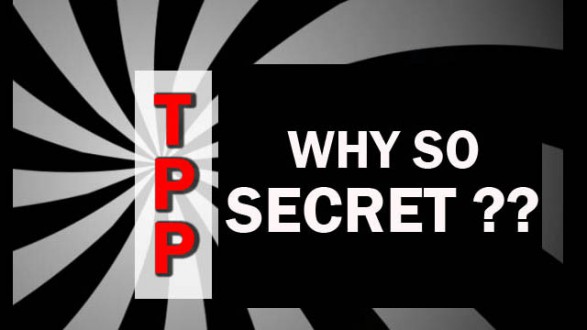The American people have become used to government trickery in foreign affairs—wars and interventions based on lies and falsified evidence, “national security” used to justify the whittling away of privacy, classification of documents to hide embarrassing disclosures, massaging of budget figures to mask outrageous spending on arms, and demands for new weapons when already in possession of an unmatched conventional and nuclear arsenal.
Now comes trickery in a different domain: the Trans-Pacific Partnership (TPP), which has substantial bipartisan support and strong presidential endorsement. Eleven countries1 are awaiting the outcome in Congress as President Obama seeks approval to put the TPP on a “fast track,” meaning skipping hearings, public input, and amendments and going directly to an up-or-down vote after 90 days to review. Once passed, the TPP will do for US corporations operating in Asia what the North American Free Trade Agreement (NAFTA) did for them in Canada and Mexico—provide new incentives to send jobs abroad, increase corporate earnings, and downgrade protections of the environment and workers at home as well as abroad.
Who Benefits?
The TPP is partnership alright, but not the sort that serves the human interest. Instead of enhancing partnership with working people who need higher wages and job training, and with grassroots organizations that are fighting to protect our natural environments, the TPP will promote the interests of trading and investment firms in the cutthroat competition that has come to define globalization. It’s all about providing a “level playing field” for US multinational corporations, as Assistant Secretary of State Daniel Russel recently explained.2 President Obama, who once resoundingly criticized all such mega-trade agreements, is now its biggest booster, proving once again that money talks just as loudly with liberal as with conservative leaders.

